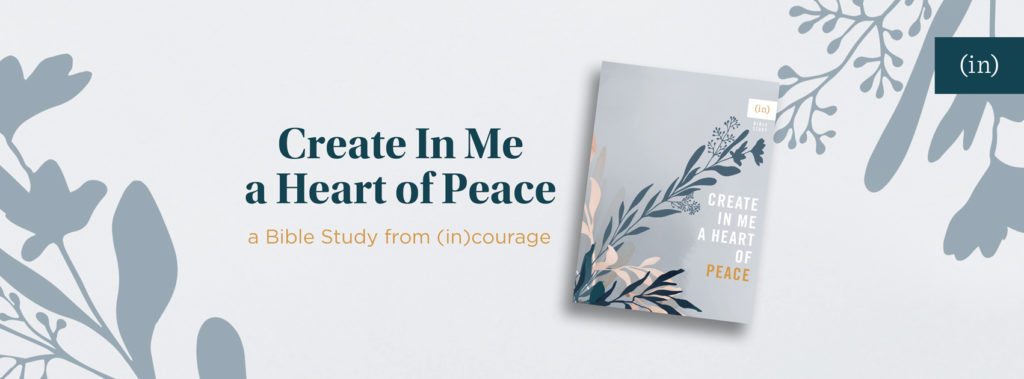Write it down.
The words that came to me upon waking on a May morning several years ago were so softly spoken, that I would’ve missed them if they had not reverberated in my whole being. I had just had the most incredible dream, one where I was walking through a house with a certain number of bedrooms, more than one kitchen, and the exterior painted forest green.
When I woke up, I could still feel the embrace of that dream home wrapping me in warmth and peace. And in the silence of that early morning, I heard God whisper the words, Write it down. His voice was so intimate and deeply personal that tears rose as I grabbed a notebook and did my best to scribble down what I had seen and experienced in my dream.
After doing so, I turned to my husband and told him about my dream. In response, he pulled out his phone and decided to search for a house located in the south of Iceland that fit that description, just for fun. We had been living in Akureyri, a town in the north, for two years and knew we were being led to move to the south. We really didn’t have an idea of what specific town we would move to, let alone the finances to purchase a house when we did move.
After scrolling through a few available houses in the capital and surrounding areas, my husband turned the phone around to show me one house in particular. “That’s the color of the house in my dream,” I breathed. As he listed out all the details, my mouth continued to drop. Not only did this house fit the description in my dream, but it was located in my husband’s hometown.
From the overflow of that moment, God continued to direct and provide and by August we had moved into that dream home.
I often look back on that moment. The dream and all that unfolded was such a palpable and tangible experience of God’s provision. But what I recall the most fondly is how God spoke to me in that sacred moment between waking and sleeping, in the quiet sliver of time where distractions gave way to a divine interaction.
That whisper changed so much in my life and my family. It led to decisions and steps towards home.
Yet I wonder how many times I’ve missed or ignored God’s personal and intimate nudge. What other worries and fears could I have alleviated by leaning in to His voice? What need may have been met, provision received if I had quieted myself enough to listen? What distractions are taking a more prominent role and dividing my attention from all the thoughts God has over me?
“How precious to me are your thoughts, God! How vast is the sum of them!
Were I to count them, they would outnumber the grains of sand—when I awake, I am still with you.”
Psalm 139:17-18 NIV
God’s thoughts over us are numerous and beyond measure. So why do we sometimes settle for counterfeit words when even His whisper can reverberate through our present circumstances and into a multitude of centuries? I am grateful for the way God spoke to me in my dream, but His words are also available to us in every moment of every day.
The environments we live in definitely don’t make hearing His voice easy. The noise of opinion often shows up louder and stronger than the truth we really seek.
As my family now settles after a time of transition back to the States, I find myself tempted to get caught up in a whirlwind of noise. Lies seem louder when you’re tired. Hope feels more deferred when you’re discouraged. It’s often more convenient to cultivate patterns of striving and stress than rhythms of abiding and rest.
But God has never stopped speaking. And although He may come on the scene with thunderous roars, He can pierce through the hardest hearts with the gentlest whisper. God is faithful to step into our whirlwinds. Instead of matching the fury of a storm, He encloses us in His arms, tucks us to His chest, and speaks the words that we desperately need to hear.
If you would like to read more about letting go of lies and leaning in to what God says about you, check out this free download of Jenny’s book, Milk & Honey in the Land of Fire & Ice.


